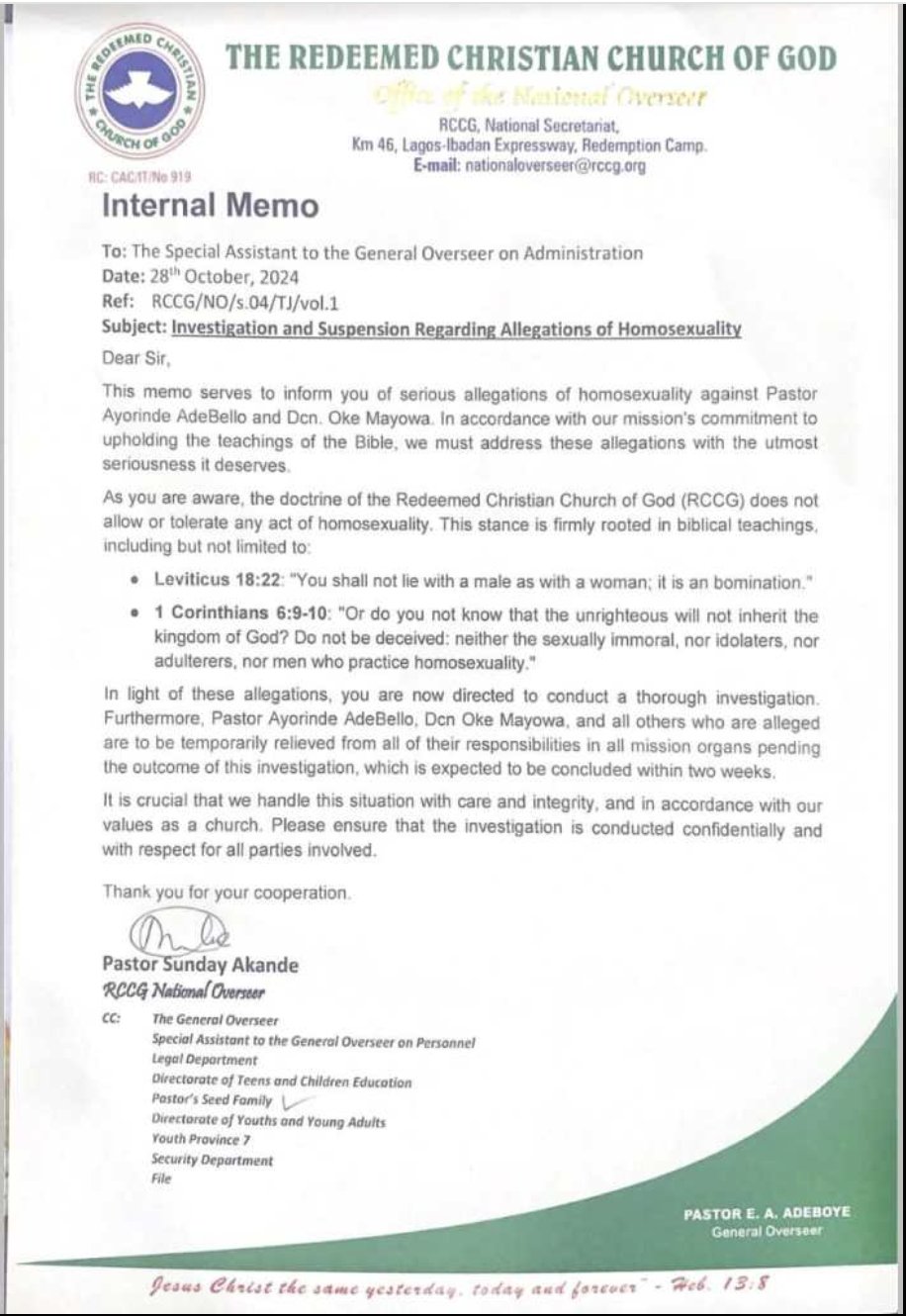
Anyone caught in connection with a terror-related activity in the country will, on conviction, spend a minimum of 20 years in prison.
Also, any corporate organisation found guilty of involvement in terror acts will be fined a minimum of N200 million. The head of such an outfit will spend 20 years in jail.
These are the least punishments for offenders contained in the Terrorism (Prohibition and Prevention) Bill recently signed by President Muhammadu Buhari.
Maximum sanctions stipulated by the new law which replaces the Terrorism (Prevention) Act of 2011 and the Terrorism (prevention) (amendment) Act 2013, is a life sentence for offenders and winding up of companies used to carry out activities that aid terrorism.
A part of the new law also states that any person who kidnaps, kills someone in protective custody or knowingly attacks a place shall face 25 years in prison. In a case where such an attack results in death, the attacker will face a death sentence.
Conduction of military exercise by an unauthorised individual is also an offence punishable with 25 years in jail.
The new law known as the Terrorism (Prohibition and Prevention) 2022 spells out the measures for detecting, preventing, combating and prohibiting acts of terrorism for the effective implementation of international instruments for the prevention of terrorism and suppression of the financing of terrorism.
It also outlines the institutional framework, including the establishment of the Nigeria Sanctions Committee for the implementation, coordination and enforcement of the provisions of the law.
A part of the Act reads ”A person, who kidnaps or commits an attack on an internationally protected person; murders an internationally protected person, carries out a violent attack on the official premises, private accommodation, or means of transport of an internationally protected person; or threatens to commit any such attack, commits an offence and is liable on conviction to not less than 25 years and up to a maximum of life imprisonment, where death does not result from the act … and death penalty, where death results from the act
It also states that a person, who knowingly arranges, manages, assists in arranging or managing, participates in a meeting or an activity, which in his knowledge is concerned or connected with an act of terrorism or terrorist group; collects, or provides logistics, equipment, information, articles or facilities for a meeting of an activity, which in his knowledge is concerned or connected with an act of terrorism or terrorist group; or attends a meeting, which in his knowledge is to support a proscribed entity or to further the objectives of a proscribed entity, commits an offence, and is liable on conviction to imprisonment for a term of not less than 20 years.
Soliciting and giving support to terrorist groups for the commission of acts of terrorism or to be a terrorist also attracts 20 years and up to life imprisonment.
In addition, incitement to commit an act of terrorism by the dissemination of terrorist information through the internet and through electronic or digital means, or through the use of printed materials; receiving or providing material assistance, training, transportation, false documentation or identification to terrorists or terrorist groups; receiving or providing information or moral assistance to a terrorist act or ‘terrorist group, including an invitation to adhere to a terrorist or terrorist group; entering or remaining in a country for the benefit of, or at the direction of or in association with a terrorist group; and providing or making available, such financial or other related services also attracts 20 years imprisonment.
The law further states that any person, who knowingly harbours, conceals, or causes to be harboured or concealed, hinders or interferes with the arrest of a person who has committed or is about to commit an act of terrorism; who is planning to commit an act of terrorism; or belong to a terrorist group; or has been convicted of an act of terrorism but escaped from punishment; or (e)against whom a warrant of arrest had been issued will also stay 20 years in jail.
Similarly, providing training and instruction to terrorist groups or terrorists, making or using of any form of explosive or other lethal devices; carrying out an act of terrorism; the practice of a military exercise or movements, but who is not an authorised officer acting are considered as breaches that is punishable. The offender is liable to 25 years in prison.
Concealment of information about terrorism or information that could be used to prevent an act of terrorism or securing the apprehension, prosecution, or conviction of a person for an offence failure to disclose the information to the relevant agency attracts 20 years in jail..
It however states that “subsection (1) of this section does not require disclosure by a legal practitioner of any information, belief or suspicion based on any information, which he obtained in privileged circumstances.
The law also provides that persons involved in recruiting others to be members of terrorist groups or participate in the commission of an act of terrorism are liable to imprisonment of not less than 20 years and up to a maximum of life imprisonment.
Owners, occupiers or renters of any building or means of transport used for meetings or conveying persons for terrorist activities also commit an offence and are liable to an imprisonment of not less than 20 years.
The law further states that “a person, who knowingly or intentionally enters into or becomes involved in an arrangement which facilitates the acquisition, retention, or control of terrorist fund, by or on behalf of another person will be liable on conviction “in the case of a natural person to , imprisonment for a term of not less than 20 years and up to a maximum of life imprisonment.
It added that “(i) in the case of a body corporate, it shall be a fine of not less than N200 million to a fine, (ii) the prosecution of the principal officers of the body corporate who on conviction shall be liable to imprisonment for a term of not less than 20 years and up to a maximum of life imprisonment, winding up of the corporate body and prohibition from its reconstitution..”









Leave a comment